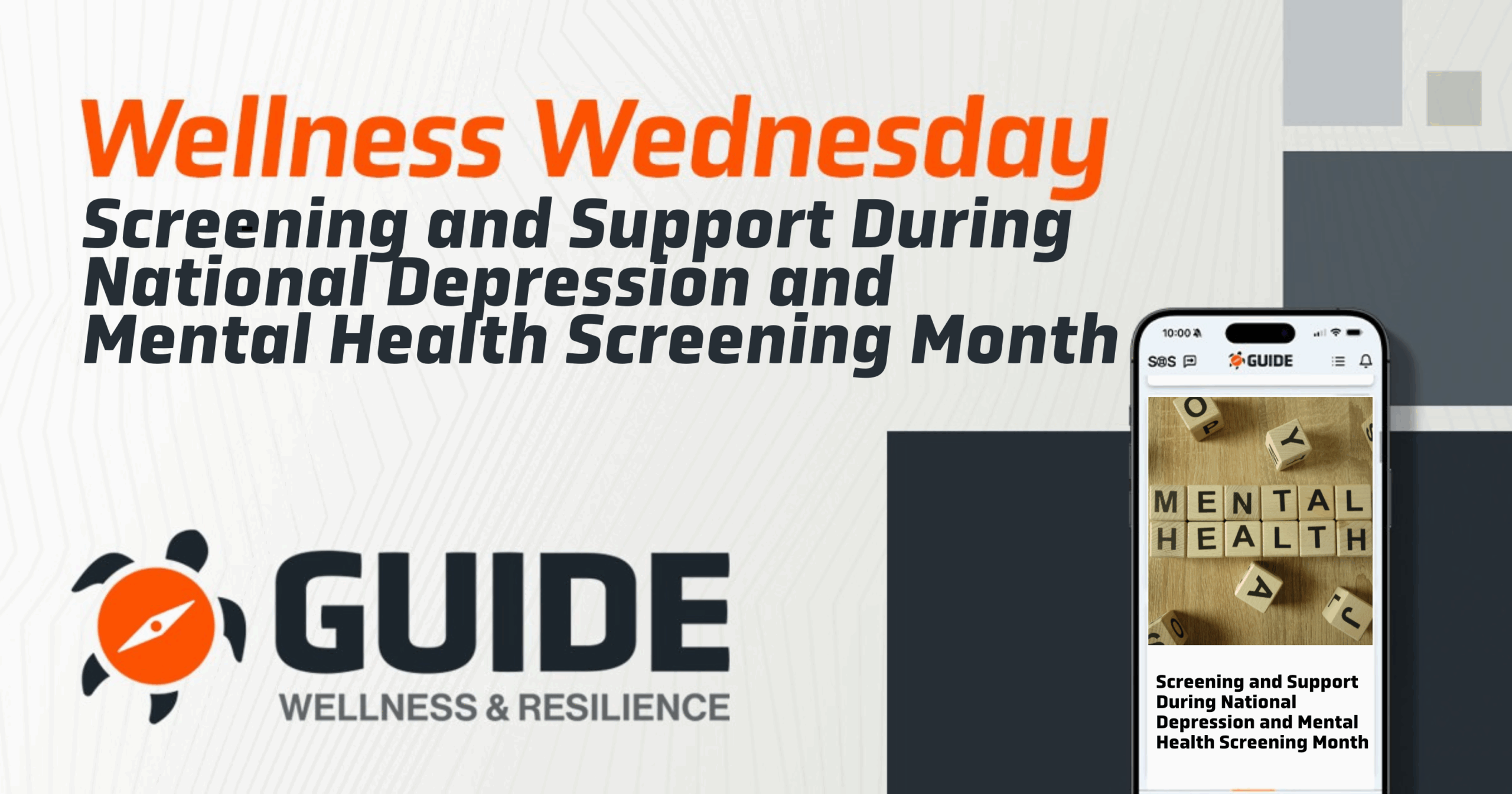Music is a powerful tool that influences our emotions, thoughts, and physical well-being. Whether it’s a song that reminds us of a happy memory or a calming tune that helps us unwind, music can have profound effects on mental health. Studies have shown that listening to or playing music can reduce stress, improve mood, enhance cognitive function, and even offer therapeutic benefits. In this blog post, we’ll dive into the ways music impacts mental health, how it can be used to reduce stress and improve well-being, and how you can incorporate music into your daily life to enjoy its benefits.
The Connection Between Music and the Brain
To understand how music affects mental health, it’s essential to explore the connection between music and the brain. When we listen to music, multiple areas of our brain are activated, including those responsible for emotion, memory, and motor control. Research has found that music can stimulate the release of dopamine, a neurotransmitter associated with pleasure and reward, which is why listening to your favorite song can instantly lift your mood. Additionally, music engages the brain’s limbic system, which processes emotions, further explaining its ability to evoke deep emotional responses.
Music’s influence extends beyond emotions. Studies have shown that it can improve cognitive functions, such as memory and attention. This is why music is often used as a tool in therapy to assist people with memory-related conditions like dementia or Alzheimer’s. By engaging the brain, music can enhance mental clarity and focus, offering benefits for both emotional and cognitive health.
Stress Reduction Through Music
One of the most significant benefits of music is its ability to reduce stress. Music can lower levels of cortisol, the hormone responsible for stress, helping people feel more relaxed and at ease. Certain types of music, especially calming genres like classical or ambient, have been shown to slow heart rate and breathing, reduce blood pressure, and create a sense of peace.
In stressful situations, such as during exams, work deadlines, or personal challenges, listening to music can provide a calming effect. It acts as a distraction from negative thoughts and emotions, allowing the mind to focus on something positive. This can be particularly beneficial for individuals struggling with anxiety or high levels of stress.
To use music as a stress-relief tool, consider creating a playlist of calming songs that you can turn to when you feel overwhelmed. Instrumental music, nature sounds, or gentle melodies are great choices to help you unwind and clear your mind.
Music as a Mood Enhancer
We’ve all experienced the joy that comes from hearing our favorite song on the radio or dancing to an upbeat tune. Music has an incredible ability to elevate mood and boost happiness. This is due in part to the release of dopamine, as mentioned earlier, but it also comes from the associations we have with certain songs or genres.
Upbeat music with a fast tempo can energize and uplift, making it a great choice for when you need a mood boost. On the other hand, slower, more soothing music can help you feel more introspective and relaxed. Music can also provide an emotional outlet, allowing us to process feelings we might not be able to express verbally.
For those experiencing feelings of sadness or depression, music can act as a comfort and provide relief. Music therapy, a therapeutic approach that uses music to address emotional, cognitive, and social needs, is often used to help individuals work through difficult emotions and improve mental health outcomes.
Cognitive Benefits of Music
In addition to its emotional and stress-relieving effects, music offers cognitive benefits that contribute to overall mental health. Listening to music can improve memory, attention, and problem-solving abilities. This is because music activates areas of the brain responsible for these functions, creating stronger neural connections.
For individuals with neurodegenerative diseases like Alzheimer’s, music can be particularly beneficial. Familiar songs can trigger memories and emotions that may otherwise be inaccessible, providing a sense of connection to the past. Music has also been shown to improve verbal fluency and cognitive processing speed, making it a valuable tool for maintaining mental sharpness as we age.
For younger individuals, music can boost academic performance and enhance learning. Studies have found that students who listen to music while studying tend to retain information better and have improved focus. However, the type of music matters—lyrics can sometimes be distracting, so instrumental or classical music is often recommended for study sessions.
Playing Music for Mental Health
While listening to music has numerous benefits, playing music or learning an instrument can offer even more profound effects on mental health. Engaging in the creative process of making music allows individuals to express themselves, build confidence, and develop a sense of accomplishment.
Playing an instrument requires focus, coordination, and discipline, all of which contribute to cognitive development and emotional resilience. It’s a form of mindfulness, as it encourages you to stay present in the moment and focus solely on the music. This can be incredibly therapeutic, especially for individuals dealing with anxiety, depression, or trauma.
For those looking to incorporate music into their mental health routine, consider picking up an instrument or joining a group music class. Even if you’ve never played an instrument before, learning something new can provide a rewarding challenge and a sense of purpose.
Music Therapy: A Proven Approach to Mental Wellness
Music therapy is an evidence-based therapeutic practice that uses music interventions to accomplish individual goals within a therapeutic relationship. Music therapists use a variety of techniques, such as songwriting, improvisation, and music listening, to help clients work through emotional, physical, and social challenges.
For individuals dealing with mental health disorders like depression, anxiety, or PTSD, music therapy offers a non-invasive and creative way to process emotions and build coping skills. It is also used in group settings to encourage social interaction and improve communication.
Music therapy can benefit individuals of all ages, from children to seniors, and has been shown to improve mood, reduce stress, enhance communication, and even alleviate pain in some cases. If you’re interested in exploring music therapy as a treatment option, speak with a licensed therapist or healthcare professional who can guide you through the process.
How to Incorporate Music into Your Mental Health Routine
The great thing about music is that it’s accessible to everyone. Whether you’re a fan of classical symphonies, pop hits, or jazz improvisation, there’s a type of music out there that can benefit your mental health. Here are some practical ways to incorporate music into your daily routine for better mental health:
- Start Your Day with Music: Begin your morning with an energizing playlist to set a positive tone for the day. This can help you feel more motivated and ready to take on tasks.
- Use Music for Relaxation: In the evening, wind down with calming music that promotes relaxation. Incorporate this into your nighttime routine to improve sleep quality.
- Create Playlists for Different Moods: Having playlists tailored to different emotional states can help you regulate your mood. Whether you’re feeling sad, stressed, or happy, turn to music to enhance or shift your emotional state.
- Try Active Music Listening: Engage in active listening by focusing entirely on the music. Pay attention to the lyrics, melodies, and rhythms. This practice can serve as a form of mindfulness, reducing anxiety and improving mental clarity.
- Attend Live Music Events: If possible, attend live music performances or concerts. The communal experience of enjoying music with others can foster connection and boost your mood.
- Explore Music Therapy: If you’re dealing with specific mental health challenges, consider seeking out a licensed music therapist who can guide you through personalized music interventions.
Let Music Support Your Mental Health
Music has the unique ability to touch our emotions, enhance cognitive function, and promote mental well-being. Whether you’re using music to relax after a long day, energize yourself for a workout, or work through difficult emotions, it offers powerful benefits that contribute to a healthier mind and body. By making music a regular part of your mental health routine, you can enjoy its therapeutic effects and improve your overall quality of life.




